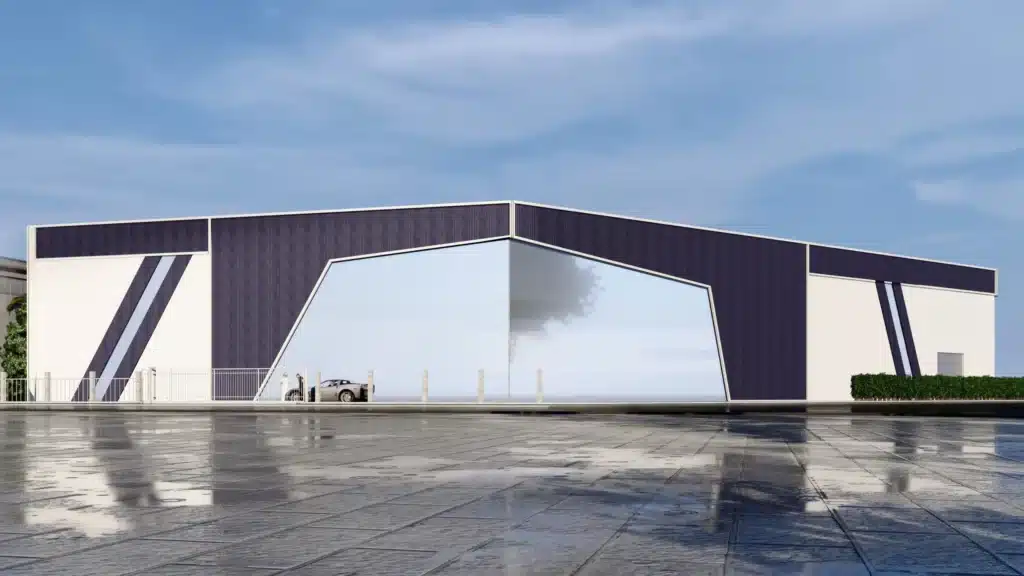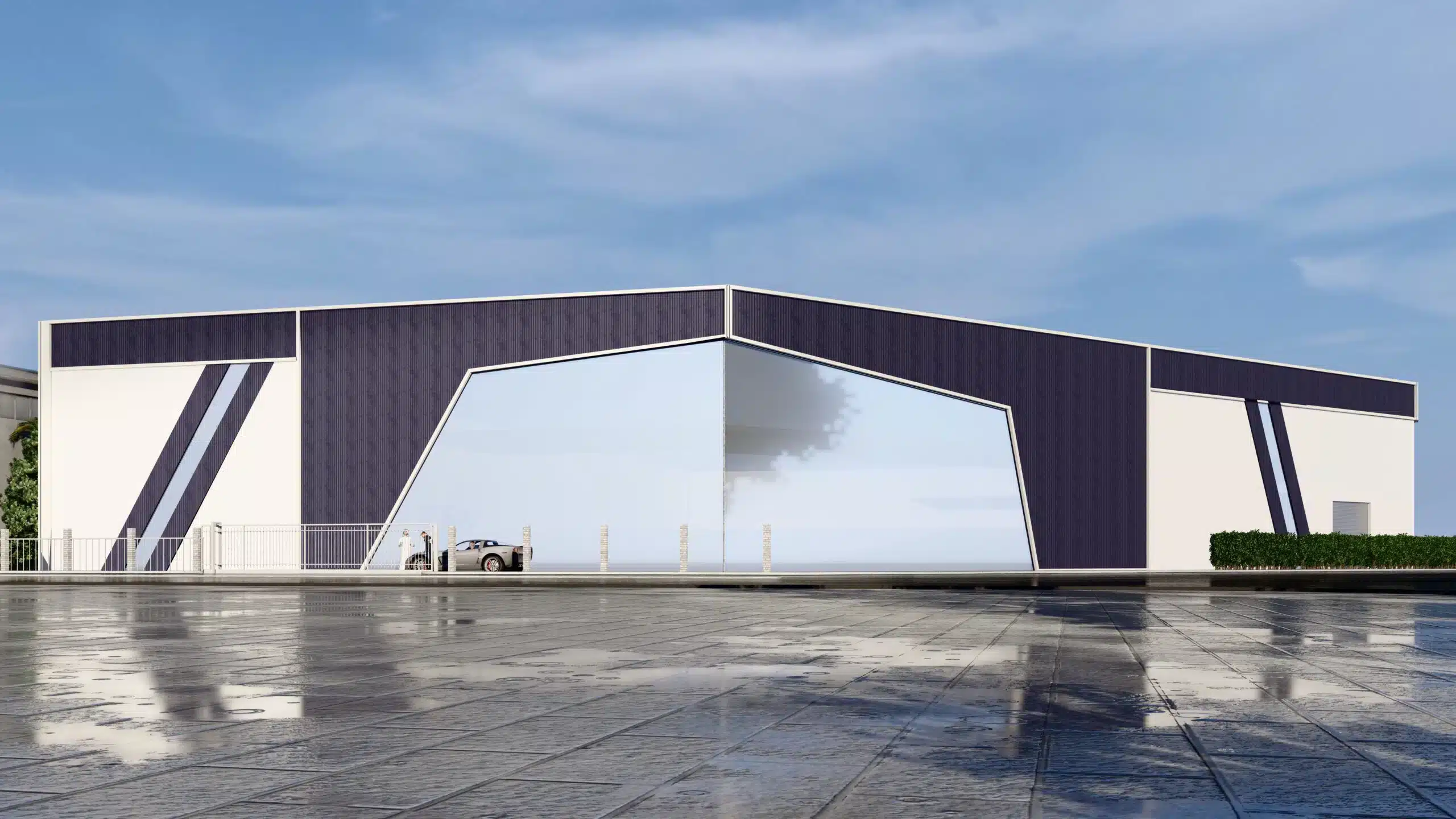Introduction
Smart construction technology is rapidly transforming the construction industry, paving the way for greater efficiency, sustainability, and innovation. According to a report by Statista, global construction spending is projected to reach $17.5 trillion by 2030, fueled by technological advancements and increased demand for infrastructure development. This surge highlights the pivotal role of smart technologies like BIM, IoT, and advanced materials in reshaping how projects are designed, managed, and executed.
In this article, we’ll dive into the world of construction innovation, answering key questions like what is construction technology and what is smart building technology, while exploring the trends shaping the future of the industry. Whether you’re a professional or simply interested in the advancements redefining construction, this guide offers valuable insights into the industry’s ongoing evolution.
What is construction technology?
Construction technology refers to the use of innovative tools, machines, modifications, software, and techniques to improve construction processes. At its core, construction technology aims to make building projects faster, more efficient, and sustainable. But what is construction technology in practical terms? Think of it as the backbone of modern construction—encompassing everything from advanced machinery to data-driven software.
Over the years, the construction industry has evolved dramatically. Gone are the days of relying solely on manual labor and traditional methods. Today, technological advances in the construction industry include game-changers like Building Information Modeling (BIM), drones, and IoT devices. These tools not only streamline operations but also improve safety, reduce costs, and enhance collaboration.
A great example of construction technology is BIM, which allows construction professionals to visualize and manage projects in 3D and even integrate time (4D) and cost (5D) dimensions. It’s no surprise that such advancements are rapidly becoming industry standards.

Technological advances in the construction industry
The technological advances in construction industry have reshaped how projects are managed and executed. Let’s break down some of the most transformative innovations:
The role of building information modelling (BIM)
BIM is at the forefront of advanced construction technology. It enables construction teams to create detailed 3D models of projects, enhancing accuracy and collaboration. With BIM, architects, engineers, and builders can work on the same platform, reducing errors and miscommunication.
The impact of IoT and smart sensors
The Internet of Things (IoT) is revolutionizing construction. Smart sensors embedded on construction sites can monitor equipment usage, track materials, and enhance safety by providing real-time data. For instance, IoT devices can detect potential structural issues early, saving time and resources.
AI, robotics, and automation in construction
Automation is becoming a key player in construction and building technology. Robots capable of tasks like bricklaying and concrete pouring not only speed up processes but also address labor shortages. Meanwhile, AI-powered systems analyze data to predict project risks and optimize workflows.
New technology in construction materials
Materials are the building blocks of construction, and new technology in construction materials is driving innovation like never before.
Eco-friendly and sustainable materials
Sustainability is no longer optional. From recycled concrete to hempcrete, the focus is on reducing environmental impact. These materials not only minimize waste but also improve energy efficiency in buildings.
3D Printing in material production
3D printing is a game-changer for material production. This advanced construction technology allows for the creation of customized components directly on-site, reducing material waste and cutting down timelines.
Nanotechnology for advanced building materials
Nanotechnology is enhancing materials by improving their durability and strength. For example, self-healing concrete, which uses embedded nanomaterials, repairs itself when cracks appear, reducing maintenance costs.
Innovations in construction project management
Managing construction projects has never been easier, thanks to smart construction technology and advanced digital tools.
Cloud-based project management tools
Cloud-based platforms like Procore and PlanGrid enable seamless collaboration among project stakeholders. These tools allow for real-time updates, document sharing, and progress tracking, ensuring that projects stay on schedule and within budget.
The rise of eTendering platforms
Platforms like Fortender streamline the procurement process by connecting buyers and suppliers in one place. This makes it easier to manage bids, negotiate contracts, and kickstart construction projects.
Blockchain for supply chain transparency
Blockchain technology is being used to improve transparency in the construction supply chain. It ensures that every transaction, from procurement to payment, is secure and traceable.

Construction and building technology
The integration of construction and building technology is transforming the way we design, build, and operate structures.
What is a smart building?
What is a smart building? In simple terms, it’s a structure equipped with automated systems to control lighting, heating, security, and more. These systems use real-time data to optimize energy use and improve the living or working environment.
Integration of AR and VR in building design
Augmented Reality (AR) and Virtual Reality (VR) are no longer just for gaming. These tools enable stakeholders to experience designs in immersive 3D environments, helping to identify potential issues before construction begins.
Digital twin technology in building management
Digital twins are virtual replicas of physical structures. They allow for real-time monitoring and predictive maintenance, ensuring buildings operate efficiently throughout their lifecycle.
Future of smart construction technology
The future of smart construction technology looks promising, with advancements that will continue to redefine the industry.
The role of drones in construction
Drones are being used for everything from site surveys to safety inspections. They provide aerial views of construction sites, enabling faster and more accurate decision-making.
Predictive analytics for efficient planning
Predictive analytics powered by AI helps construction teams anticipate risks, optimize resources, and ensure smooth project execution.
Advancing towards Net-Zero energy buildings
The push for net-zero energy buildings involves using technologies that generate as much energy as they consume. This aligns with the industry’s shift toward sustainability.

The UAE and smart construction technology
The UAE has emerged as a global leader in adopting smart construction technology, showcasing its commitment to innovation and sustainability. Known for its ambitious infrastructure projects, the UAE continually pushes boundaries with advanced construction methods. A prime example is Dubai’s “Office of the Future”, the world’s first fully functional 3D-printed office, which demonstrates the region’s dedication to leveraging cutting-edge technologies like 3D printing and robotics.
Industry leaders within the construction space in the UAE are at the forefront of integrating construction and building technology to meet the region’s growing demand for efficient and sustainable developments. From using IoT-enabled sensors for real-time site monitoring to adopting blockchain for supply chain transparency, the UAE’s construction sector exemplifies how technology can enhance productivity and precision. By setting a global benchmark, the UAE inspires industries worldwide to embrace smart, innovative solutions.
Conclusion
The construction industry is undergoing a remarkable transformation, with smart construction technology leading the charge. From technological advances in the construction industry like BIM, IoT, and AI to innovations in new technology in construction materials such as 3D printing and nanotechnology, these advancements are reshaping how buildings are designed, constructed, and managed.
We’ve explored how tools like cloud-based project management platforms and blockchain are improving efficiency, while construction and building technology innovations like smart sensors and digital twins are driving sustainability and precision. Moreover, the rise of smart buildings, equipped with automated systems, is redefining how structures operate in real-time, enhancing energy efficiency and user experience.
As global construction spending is expected to grow to $22 trillion by 2040, the integration of these technologies is not just an opportunity but a necessity. Whether it’s addressing labor shortages with robotics, reducing environmental impact through sustainable materials, or ensuring transparency with blockchain, the future of construction lies in embracing these smart solutions.
The question isn’t just what construction technology is or what smart building technology is, but how these innovations will continue to redefine the industry. By adopting and adapting to these changes, the construction sector is not only building infrastructure but also building a smarter, more sustainable future.

